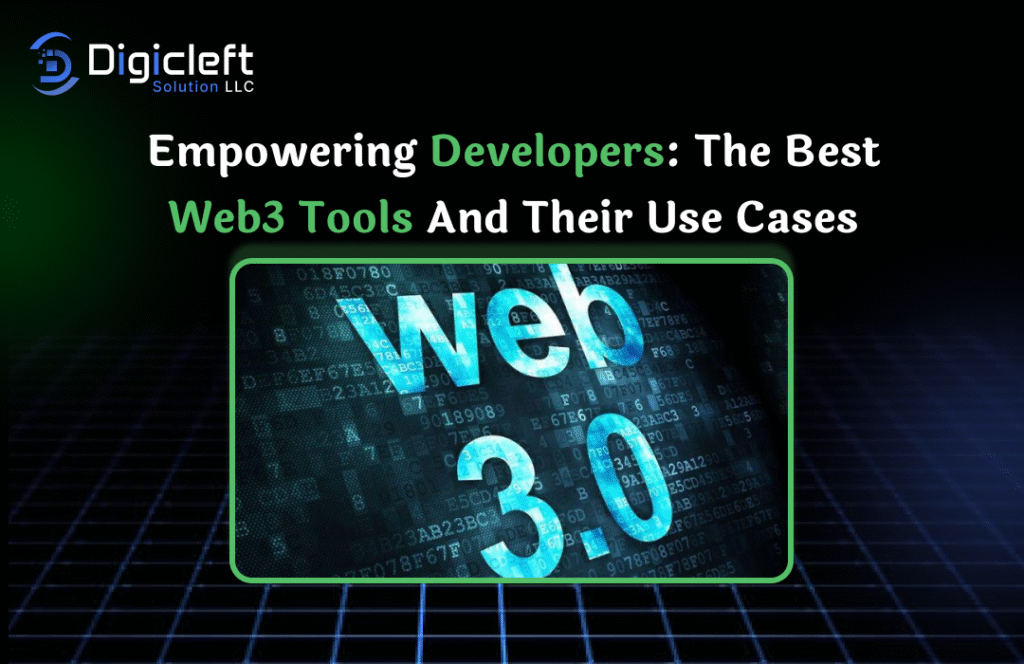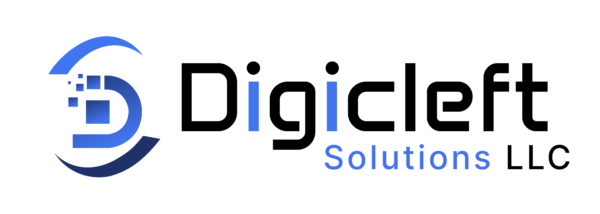
👉 Introduction to Web3
The Evolution from Web2 to Web3
Web 1 gave us static websites. Web 2 made the internet interactive and social. But Web3? It’s flipping the whole internet model on its head. Web3 gives users control over their data instead of tech giants. Developers are the builders of this new system.
Why Web3 Matters Today
Data breaches, censorship, and centralized monopolies have become the norm. Web3 challenges that by decentralizing power and enabling permissionless innovation. For developers, this is the opportunity of a lifetime to build the new internet.
👩💻 The Developer’s Role in the Web3 Era
From Builders to Innovators
Developers aren’t just coding websites anymore—they’re building economies, social systems, and digital ownership layers. In Web3, your code can influence how people interact with money, identity, and the web itself.
Challenges Developers Face in Web3
Sure, the potential is massive—but so are the hurdles. Complex cryptography, steep learning curves, fast-evolving tech… Web3 isn’t exactly plug-and-play. That’s why the right tools are non-negotiable.

🛠️ Essential Web3 Development Tools
Let’s explore the true power of Web3 innovation. It’s all about developer tools that make building on the blockchain easy, or at least manageable!
➥ Smart Contract Platforms
Ethereum
The OG of smart contracts. It’s battle-tested, widely adopted, and has the most mature developer ecosystem. Ideal for DeFi, NFTs, DAOs—you name it.
Solana
If speed is your game, Solana delivers. Its lightning-fast transactions and low fees make it great for gaming and real-time dApps.
Avalanche
Offers scalability without sacrificing decentralization. Developers love its flexibility and low-latency network.
➥ Web3 Frameworks
Hardhat
Think of it as your Web3 toolkit. Hardhat simplifies compiling, deploying, testing, and debugging Ethereum apps.
Truffle
An old favorite. With built-in smart contract compilation, deployment, and testing—Truffle is still relevant and reliable.
Foundry
A newer, Rust-based framework. Fast, secure, and built for serious devs looking for performance and flexibility.
➥ Wallet Integration Tools
Web3Modal
Easily lets users connect their wallets. A plug-and-play UI component for wallet connection across dApps.
WalletConnect
Enables users to connect mobile wallets to dApps via QR code. A must-have for mobile-first experiences.
RainbowKit
Built on top of Wagmi, RainbowKit provides a beautiful and customizable wallet connection experience.

➥ Decentralized Storage Solutions
IPFS
The InterPlanetary File System changes how files are shared—decentralized, content-addressed, and tamper-proof.
Arweave
“Permanent web” is no joke—Arweave ensures your data lives forever on-chain.
Filecoin
Token-incentivized storage with real-world use. Secure, verifiable storage meets blockchain.
➥ Node Providers & Infrastructure
Alchemy
Offers scalable APIs, analytics, and developer tools for Ethereum, Polygon, and more. Think AWS for it.
Infura
Infura makes it easy to access Ethereum and IPFS networks without running your own node.
QuickNode
Blazing-fast blockchain infrastructure with multi-chain support. Perfect for high-performance dApps.
➥ Frontend Libraries for Web3
Ethers.js
Lightweight, modern, and secure—this JavaScript library is a developer favorite for interacting with Ethereum.
Web3.js
The classic library to connect your dApp with Ethereum via JSON-RPC.
Wagmi
Built with React in mind, Wagmi simplifies hooks, connections, and state management in its frontends.
➥ Blockchain Explorers
Etherscan
The gold standard for Ethereum transaction transparency and contract verification.
Solscan
Solana’s answer to Etherscan. Clear, developer-friendly, and essential for debugging.
Snowtrace
For Avalanche developers, Snowtrace provides insight into transactions, contracts, and blocks.
🌐 Real-World Use Cases of Web3 Tools
DeFi Applications
With Ethereum, Hardhat, and Ethers.js, developers have built lending platforms, yield farms, and liquidity pools that rival traditional finance.
NFT Marketplaces
Smart contracts on Ethereum and IPFS make NFT marketplaces like OpenSea and Blur possible. Storage, contracts, and frontend all work in sync.
DAOs and Governance Platforms
Tools like Snapshot, Gnosis Safe, and Aragon empower decentralized decision-making—no CEOs needed.
Gaming and Metaverse Projects
Solana and Avalanche, along with Web3Modal and QuickNode, are making games like Star Atlas and metaverse projects better. They are faster, smoother, and more immersive.
🔐 Security and Testing in Web3
Tools for Auditing Smart Contracts
Before you go live, you test. Tools like MythX, Slither, and OpenZeppelin Defender help sniff out vulnerabilities in your code.
Testnets and Sandboxes
Ropsten, Goerli, and Sepolia let you deploy without spending real ETH. Every good dev tests before going mainnet.
🔮 Future Trends in Web3 Development
Zero-Knowledge Proofs (ZKPs)
Privacy meets performance. ZKPs let you verify data without revealing it—ideal for voting, identity, and finance.
Account Abstraction
User experience in Web 3.0 sucks. Account abstraction fixes that by letting smart contracts manage user accounts.
Interoperability and Cross-Chain Solutions
Polkadot, Cosmos, and bridges like Wormhole are helping dApps talk across chains—finally, true interoperability.
🚀 Conclusion
Web 3.0 isn’t just a buzzword—it’s a playground of innovation. And developers? You’re the MVPs. You can build decentralized finance apps and create the next popular NFT marketplace. The tools are available, the uses are real, and the future is decentralized.
So, gear up with the right Web3 tools and start building. The internet needs you.
Brought to you by digicleftsolutionsllc—your digital partner for the decentralized future.
❓FAQs
1. What is the most beginner-friendly Web 3.0 development tool?
Hardhat and Ethers.js are great starting points for Ethereum developers due to their strong documentation and large communities.
2. Can I build Web3 apps without deep blockchain knowledge?
Yes! Thanks to libraries like Wagmi and services like Infura, you can start building without knowing every blockchain detail.
3. Are there free tools for testing smart contracts?
Absolutely. Testnets like Goerli and tools like Hardhat provide everything you need to test before deployment.
4. Which platform is better for NFTs—Ethereum or Solana?
Ethereum has more ecosystem support, but Solana is faster and cheaper. Choose based on your project needs.
5. How do I ensure my smart contract is secure?
Audit your contracts using tools like Slither or get a professional audit. Also, follow best practices from OpenZeppelin libraries.


